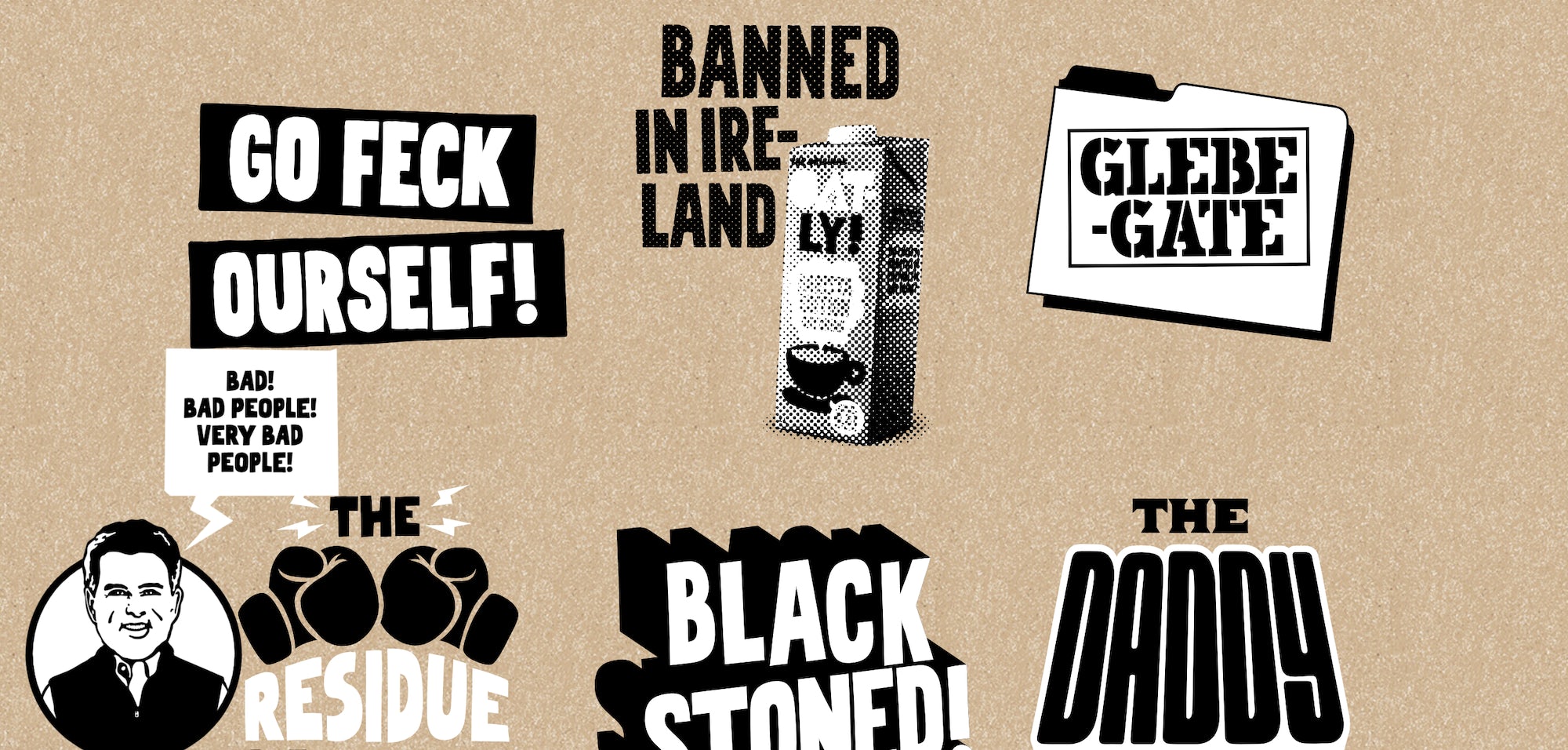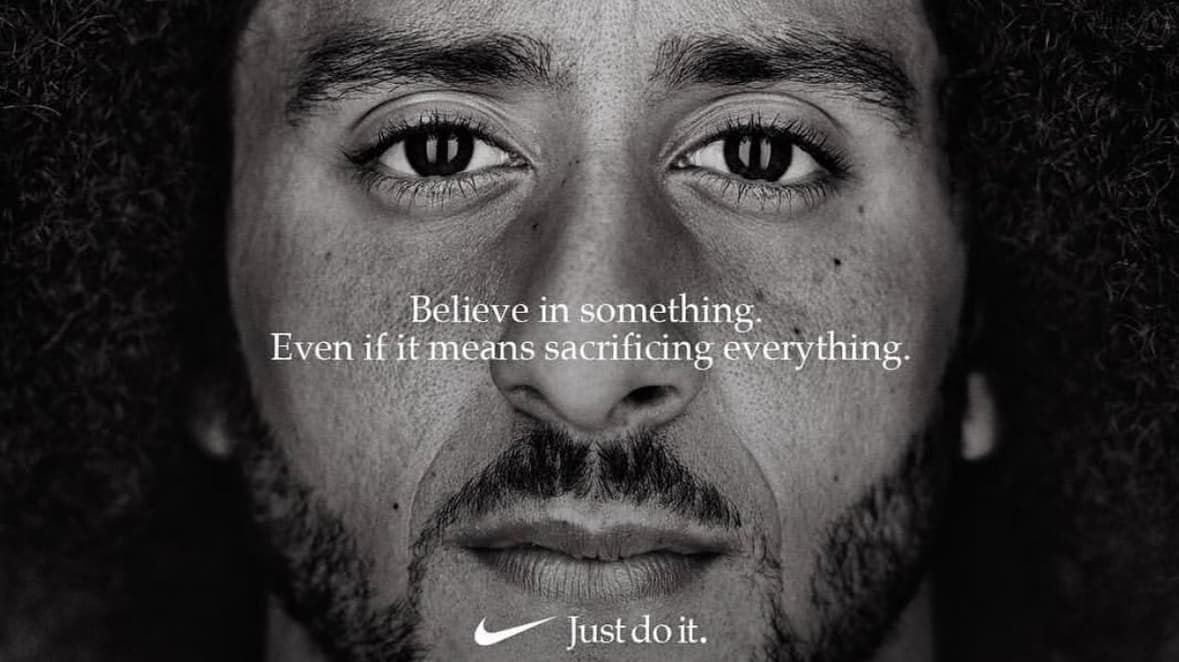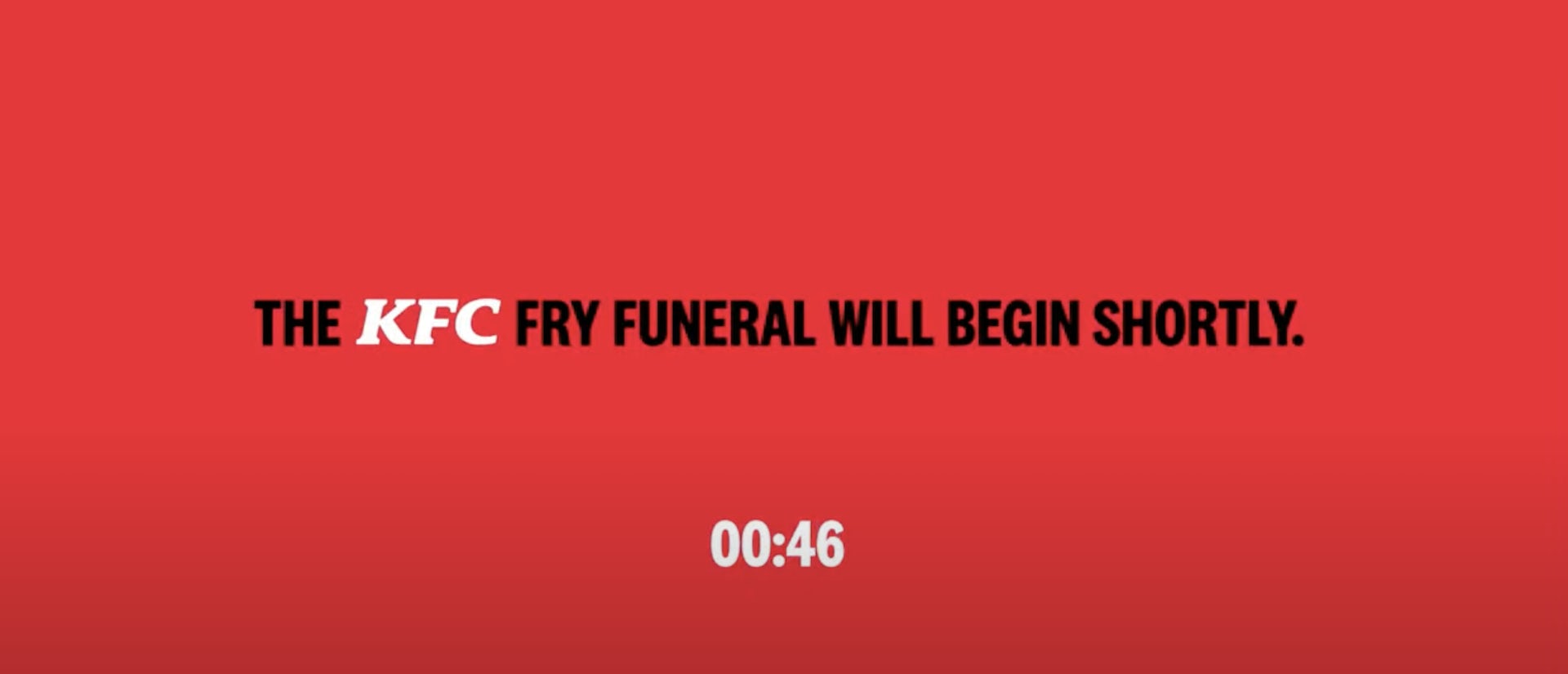How can brands play with controversy in risk-averse times?
In a consumer landscape that favours virtue, with audiences that will call out bad behaviour at the drop of a hat, courting controversy is a risky move. But brands can still use it to their advantage
Recent research from Alfred and Sensu Insight suggests an increasing number of brands and businesses feel pressure to present a positive public image and fear backlash and scrutiny. Almost two thirds (62%) of PR and marketing professionals questioned said they felt brands are expected to be perfect and never make mistakes.
And yet, some brands do it anyway and embrace the backlash. Take Oatly. Following the ban of its advertising campaign, ‘It’s Like Milk But Made for Humans’ in Ireland and Northern Ireland, Oatly launched Feck-Oatly.com, a site showcasing decisions made by the company that have caused the most controversy.
Oatly isn’t the first and it won’t be the last brand to lean into bad press as part of a deliberate campaign. Last year, KFC Canada bade a satirical farewell to its bland fries with a funeral procession, in order to welcome in its new seasoned fries. For those who could not make the in-person service, the brand held an online funeral with a eulogy.

“We are all bombarded with information about brands every day. There’s so much to swim through that sniffing out the truth becomes strangely rewarding,” says VJ Anand, executive creative director at VaynerMedia EMEA. “Our shopping habits are swung by things we’ve seen or heard on social media. ‘I knew it!’ we cry, ‘I knew it was too good to be true!’, which is why Oatly or other brands leaning into controversy are brave, but they wouldn’t do it if they didn’t believe in the upside.”
For years now, Aldi has run ads with the slogan ‘Like brands only cheaper’ in homage to fury at its rival ‘knock-off’ products. M&S took Aldi to court to protect the intellectual property of its famous Colin the Caterpillar cake in 2021. The #freecuthbert campaign that followed won Aldi and ad agency McCann awards and a whole load of public support.
Creativity plays a big part in the message landing with people. Decades ago, when McDonald’s CEO Ray Kroc was asked about the conspiracy that their burgers used worms, he’s rumoured to have said, “Hamburger costs a dollar and a half a pound, and ‘night crawlers’ are six dollars. Which do you think we use?”
Naturally, it’s much easier for disruptors and underdogs to lean into the storm, Anand says. “It’s their role to stand out and draw criticism for trying to do things differently. For them, it’s a chance to steal a share of the conversation, make fun of what people are saying and keep things light in a way that huge, global businesses can’t.”
Some of the most famous brands have been defined by their controversies, and there are plenty who do it well – Vivienne Westwood made a career of it, while Nike and Dove are smashing it out of the park – but there are plenty who fail, and epicly.
In times like these, it’s riskier for brands to sit on the fence than to have a point of view, especially so when it comes to Gen Z
Matt Bennett is co-founder and ECD at Ultra Brand Studio, and has worked alongside Nike and Marcus Rashford – neither of whom are strangers to controversy. “It’s counter-intuitive, but in times like these, it’s riskier for brands to sit on the fence than to have a point of view, especially so when it comes to Gen Z,” he says.
“This demographic buys into brands that have a point of view, however controversial that is. It’s just got to be authentic and true to brand values and tone – like Nike’s Colin Kaepernick campaign from 2018, which is a great example of a brand believing that sport can be more than a game but a champion for change, regardless of what the rest of the world thinks.”

Most importantly for this cohort though, it’s got to be timely. “Ignoring what’s happening – what this demographic faces socially, economically and politically – will mark that brand out as being out of touch, and irrelevant. Dig deep and marketers will find that Gen Z wants brands to share their values and principles; for brands, the creative craft lies in bringing those synergies to life in differentiated and truthful ways.”
Gen Z is hyper-aware of inauthenticity – they can sniff out virtue signalling and greenwashing from a mile off. Take Quaker’s Aunt Jemima saga, for example. In 2020, amid the Black Lives Matter movement, the brand was called out for its outdated and racially stereotypical imagery. Quaker’s CMO stepped up, acknowledged the issue, and issued an apology. Post-rebrand, Aunt Jemima’s sales spiked by 20%. The lesson for brands is clear: being cancelled doesn’t spell the end of your brand. Don’t shy away from your mistakes, own them and you could even gain customers who admire your authenticity.
To effectively ‘own’ a controversy, Allenby agrees, “a brand must make sure that it’s neither gimmick nor tactic. The controversy needs to be brand-authentic by being inherently woven into that brand’s makeup at all levels – from policy to employee engagement and tone.”
Live from inside the courtroom. #FreeCuthbert pic.twitter.com/3gCk7Ex553
— Aldi Stores UK (@AldiUK) April 16, 2021
And you have to be ready for the backlash if you do decide to double down. “There will be one,” says Bennett. “That comes with the controversy. You can’t please everyone – and brands shouldn’t be looking to. The best way to handle any backlash is to stay true to the work and your point of view. If you stick to your convictions and principles, the audience will too. And if you don’t? Then you’re in trouble because Gen Z will be able to smell the bullshit.”
“Sometimes brands can spin their own minor controversies and poke fun at themselves which can go down well,” says Leila Nithila-George, a Gen Z ad expert at Amplify. “Gen Z respects realness, so taking accountability and proving this through actions with financial investment is the minimum if you want to win back their support.”
Some controversies or cultural clangers can be avoided by having the right team in place behind the scenes. “Having culturally aware people to sense-check campaigns against the current social climate is always a good idea because too often things that seem like obvious offences are slipping through the net,” says Nithila-George.
“Offering genuine support to those affected by another brand’s perceived mistake can also supercharge the affinity for your brand. A great example of this was when Stanley replaced the vehicle of a woman whose car had caught fire, yet remarkably, the Stanley Cup remained intact.”
Ultimately, you want to consider which audience you could be offending and how their outrage creates an impact. “Gen Z will always back the underdog, so considering how your brand’s values and actions align with this audience is always a good idea. They’re socially conscious, outspoken (both online and in real life) and not afraid to withhold service to brands who don’t align with their values.”




